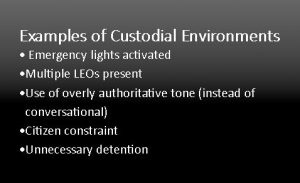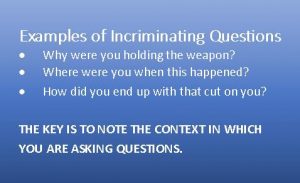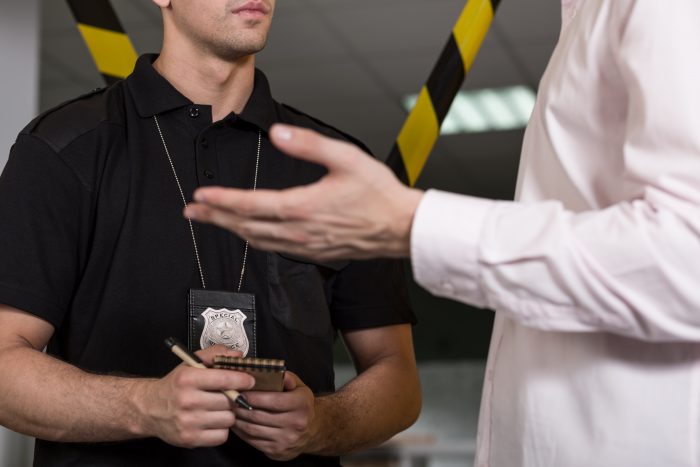Editor’s Note: This is the first installment in our Back 2 Basics series. These articles provide officers with quick refreshers on a variety of fundamental issues in law enforcement. At the bottom of this article there is a PDF-version for officers to download, print, and share.
By Christopher L. McFarlin, J.D., Faculty Member, Criminal Justice at American Military University
At some point in every law enforcement officer’s career, he or she will hear “I am going to have your badge; you forgot to read me my Miranda rights!”
Rookie officers will likely experience an immediate rush of fear and the urge to call their supervisor, while veteran officers will laugh and wish they had a penny for every time they heard that threat!
The public has many misconceptions about law enforcement; perhaps none more so than when the police must issue Miranda warnings. While all officers know the Miranda advisements and why they are critical to policing, even officers can be confused about when they must issue them.
How to Determine When Miranda Warnings are Necessary
There are two critical determinations regarding Miranda warnings:
Question 1: Has a custodial situation been created?
Officers should ask thems
Question 2: What types of questions are being asked?
Are questions interrogative in nature (one like
Bottom Line: Much like a warrant, Miranda advisements don’t cost anything but your time. If you are unsure about whether they are necessary or not, play it safe and either stop asking questions or give the warnings!
Download the Back2Basics: Miranda Warnings PDF.

About Back 2 Basics (B2B): This series provides law enforcement officers with quality, practical, and trustworthy information. Whether in your first or 25th year of law enforcement, training is always necessary. B2B provides quick refreshers, written by industry experts, on a variety of fundamental issues in law enforcement. The views expressed in these articles are the opinions of the author and do not necessarily reflect agency-specific law or policy. Agencies should consult their local rules of procedure and/or case law for specific guidance. All comments, suggestions, or questions regarding B2B can be directed to the Editor of In Public Safety at IPSauthor@apus.edu. Sign up for our bi-weekly newsletter or check out all our B2B articles.

Comments are closed.